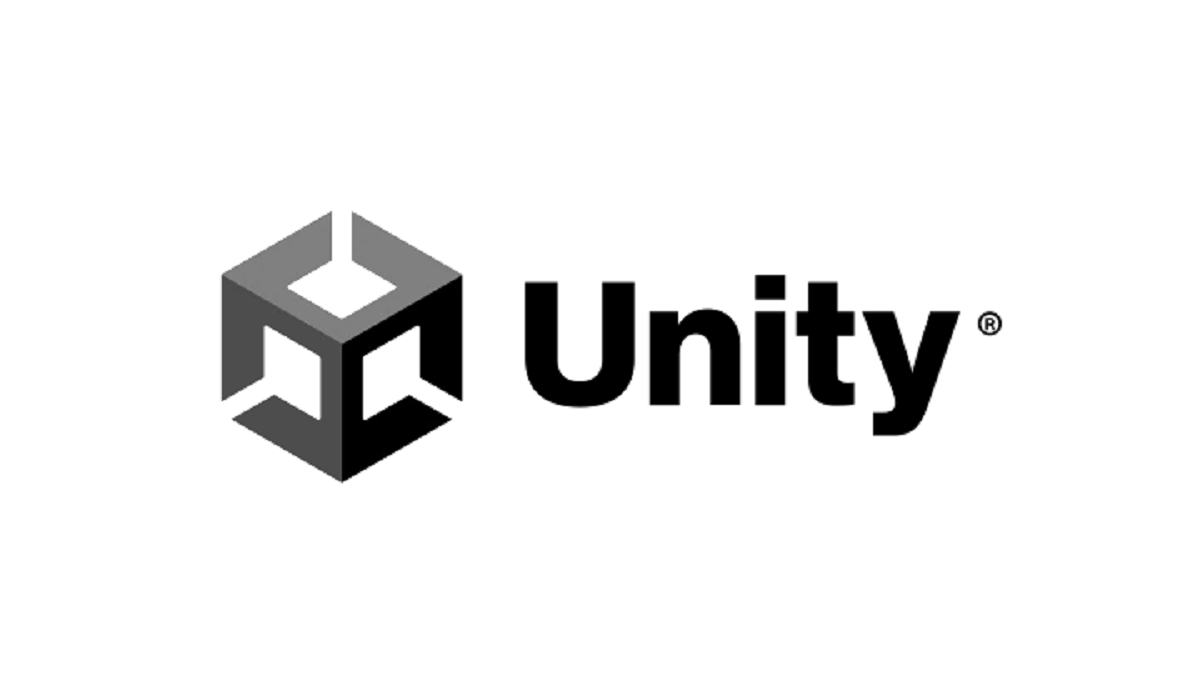Game engine developer Unity has revealed its plans to leverage and expand the use of AI and natural language tools in its engine and editor for video games and simulations.
Unity aims to train models using data captured during game creation and operation to enable clients to use the system as a, “Data creation, simulation and training engine for their own needs”.
Integrating AI into Unity Editor
According to John Riccitiello, CEO and president of Unity in the company’s Q1 2023 Shareholder Letter, the company anticipates that AI will act as a driving force for its growth and profitability in the foreseeable future.
The company is focusing on four main areas where it can best benefit from AI with Unity Editor looking like the priority as it’ll reduce the complexity of creation tool chains to attract more developers.
Unity Runtime is another area of focus that’ll integrate Barracuda, the company’s cross-platform neural network inference library into the runtime to allow trained models to run locally on devices to reduce cloud cost or latency.
The company’s Unity Network also aims to leverage AI to assist its clients in identifying new opportunities and growth areas across its ads, analytics tools, publishing systems, and other offerings. Another focus area is training models with datasets collected during the development and operation of real-time experiences like games.
Leveraging AI in games
Unity pointed out that to train data for models that could be utilised for game development, one needs to consider not just the result of player actions but also the inputs, physics calculations, lighting and other dynamic events that occur within the game.
The major obstacle for Unity is developing tools that can facilitate data training within the Unity Editor and during runtime. However, Riccitiello maintains that natural language interfaces will not be capable of generating complex games and products anytime soon.
“AI is going to be positive for the industries we compete in,” Riccitiello said. “And it’s going to be positive for Unity’s market share in those industries. And it’s going to be positive for the revenue that we yield from those market share point gains.”
The CEO also stated that Unity’s growth and profitability could be negatively impacted by AI and machine learning and that competing startup companies could produce similar AI products at lower costs, potentially resulting in a loss of market share for Unity.
Isa Muhammad is a writer and video game journalist covering many aspects of entertainment media including the film industry. He's steadily writing his way to the sharp end of journalism and enjoys staying informed. If he's not reading, playing video games or catching up on his favourite TV series, then he's probably writing about them.



































